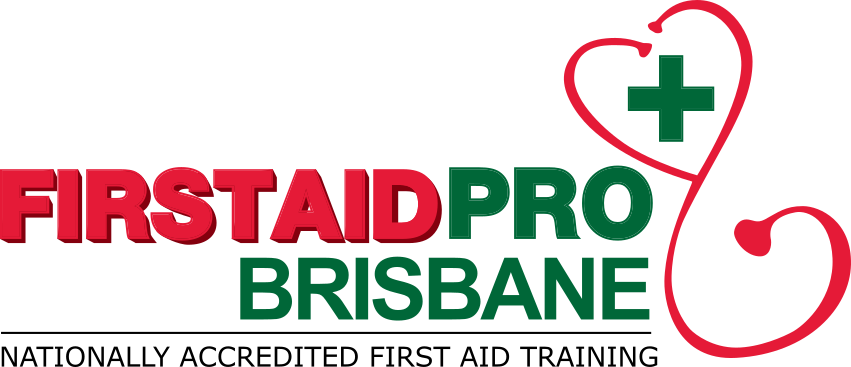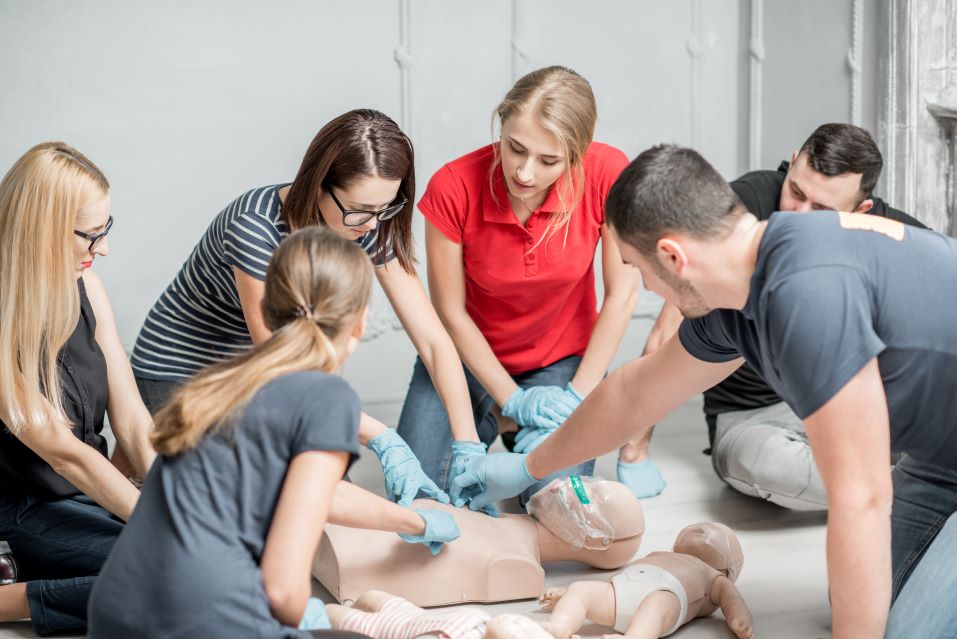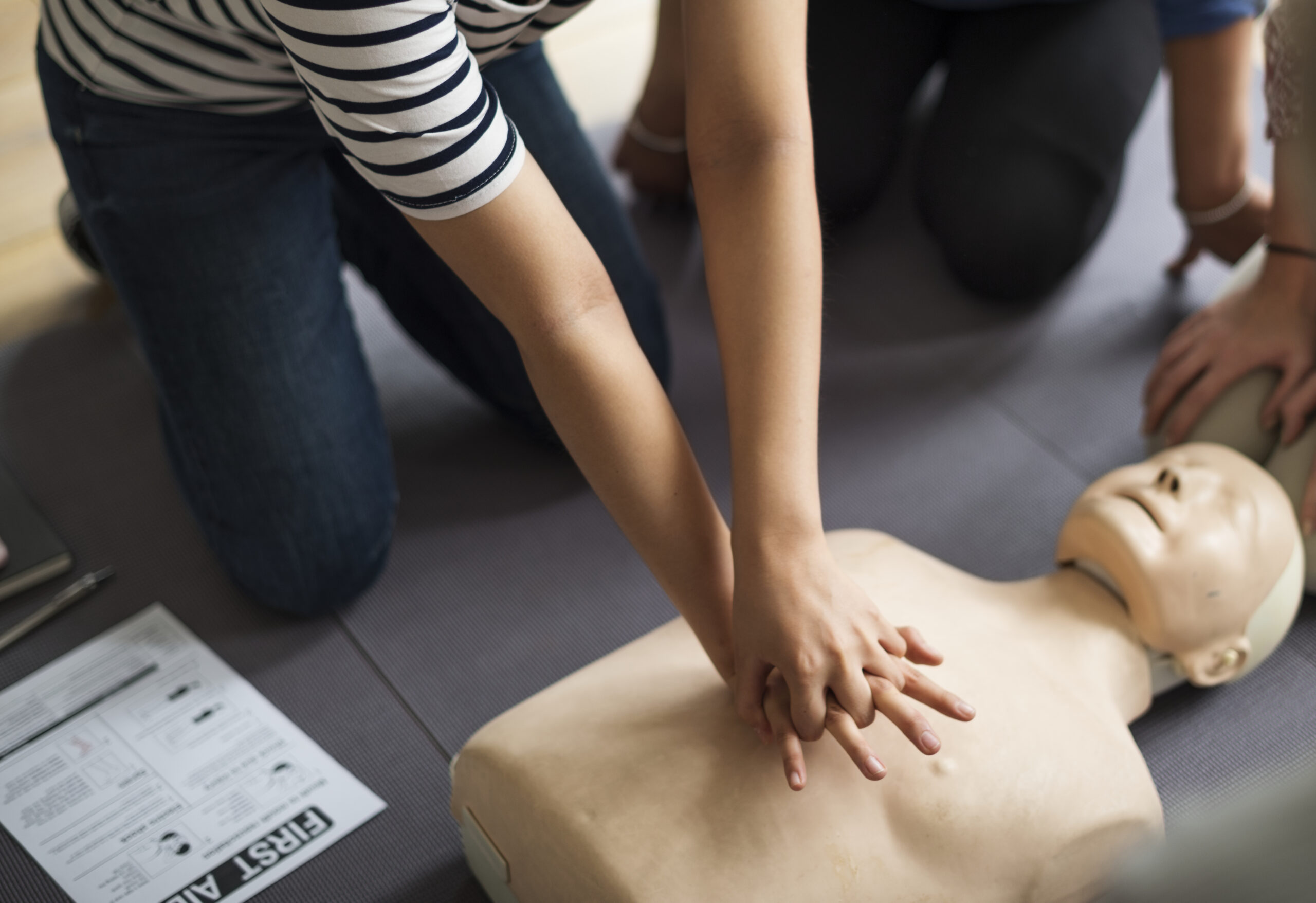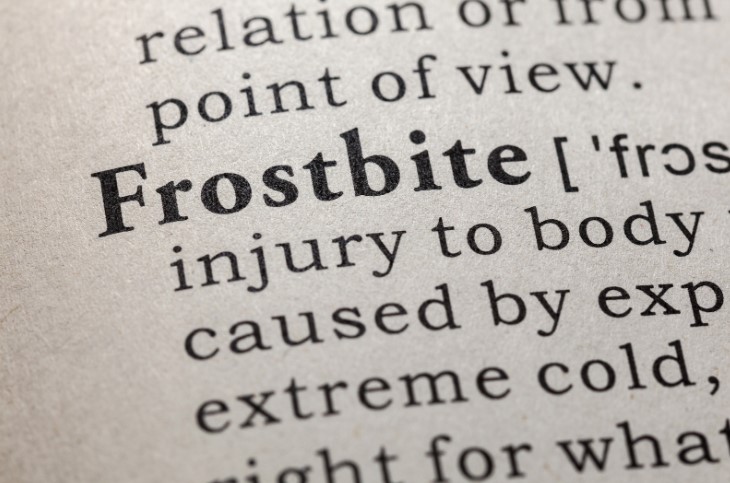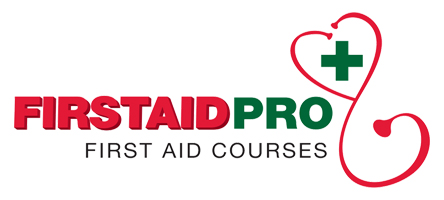We are all obligated by law to take reasonable care to avoid causing harm to others or their belongings. This is commonly referred to as the law of negligence, a legal tort in Queensland comprising many elements, including duty of care. In simple terms, duty of care means that in emergencies, anyone who is present and capable of providing first aid has a moral and legal obligation to do so.
This duty of first aiders also extends to the public, as well as to healthcare professionals who may be off-duty but still have the skills and knowledge to assist. Failure to fulfil your duty of care to provide first aid can have serious consequences. It may even result in legal liability if someone suffers harm or their condition worsens because of a lack of timely first aid treatment.
To ensure compliance, individuals should consider obtaining first aid certification and qualifications with a Registered Training Organisation (RTO) and regularly updating their skills. First Aid refers to the immediate medical assistance given to the victim of a medical condition. It provides crucial bridges until the patient recovers from a serious medical crisis. This can be done through accredited first aid and CPR courses that cover topics like first aid procedures, CPR, wound management, childcare first aid course Brisbane and basic life support.
By being prepared, knowledgeable and qualified first aiders, individuals can play a crucial role in saving lives and minimising the impact of injuries or illnesses in the workplace or everyday life. It’s a responsibility that should not be taken lightly, as it can make a significant difference to an ill or injured person.

What is a Good Samaritan?
A Good Samaritan is a person who willingly renders emergency assistance without regard for their own safety to help a person suffering. Think of a doctor who volunteers to assist on a flight when another passenger falls ill or a nurse who offers to help after witnessing an accident at a park. However, from the perspective of a healthcare professional, there can be concern about the potential legal responsibility for any mistakes made while providing emergency aid.
Entities and individuals who are authorised to enhance public safety (healthcare workers and trained first aiders) are safeguarded against civil liability (being sued) by the Civil Liability Act 2003 (Qld). Nurses, medical practitioners and other designated individuals are also granted immunity from civil liability for their actions at an emergency scene, as per the Law Reform Act 1995 (Qld). This safety legislation ensures that trained first aiders and healthcare workers can exempt legal liability from other persons in their risk assessment when deciding to help someone with an injury or illness.
First Aid in the Workplace
In all places of employment, first aid provision is necessary and includes the materials, facilities and, in some situations, the training for first aid.
The specific requirements for providing first aid in Queensland are outlined in the Workplace Code of Practice. This document provides guidelines on the first aid requirements, training, equipment and procedures for providing effective first aid and workplace health and is a great resource for employers.
Besides addressing immediate injuries or illnesses, employers must also consider the potential risks and hazards that exist within their specific work environment. This is particularly important in high-risk workplaces where there is a greater likelihood of injury or illness. By implementing proper risk assessment and management strategies and protocols, employers can minimise the potential for serious injury.
Employer responsibilities
Employers are responsible for the health and safety of their employees within their workplace. This means they are legally obligated to provide necessary resources, first aid kit and training for first aid. To ensure the well-being of their employees, employers must designate individuals who have first aid training, access to first aid kits and can respond to emergencies.
The provision of first aid goes beyond simply providing first aid assistance for an injured or ill person. It encompasses a wide range of responsibilities and protocols that employers must adhere to. This includes ensuring that there are adequate first aid kit provisions are available in the workplace like disposable gloves and other necessary equipment. Employers must also have qualifications and certifications in place for their designated first aid officers.
First Aid Equipment and Public Events
Public events organisers have a responsibility to prioritise the safety of all participants. This involves having first aid stations with adequate first aid provisions and other first aid equipment, as well as a minimum of one first aid officer to offer immediate assistance if necessary. The objective is to preserve life and provide initial treatment to any injured individuals.
First aid officers are equipped with the necessary skills and certifications to handle various first aid incidents. They follow specific protocols and use disposable gloves to ensure hygiene and prevent the spread of infection. Their expertise extends to treating injuries, illnesses and even life-threatening situations like heart-related emergencies. They are trained to provide appropriate first aid equipment and treatment to individuals suffering from medical conditions and are well-versed in work health and safety regulations.
Worker’s responsibility
It is the responsibility of workers to take reasonable measures within their control to ensure the safety and well-being of themselves and others. This means that employees must exercise reasonable care and caution in their actions to prevent any direct or indirect harm or injury as per modern working arrangements. They are expected to adhere to safety procedures that have been put in place by their employer to minimise risks and hazards in the workplace. Workers are also required to follow the prescribed protocols for providing first aid in case of any injuries or illnesses that may occur which may involve contacting the workplace first aiders with the appropriate qualifications or contacting emergency services.
